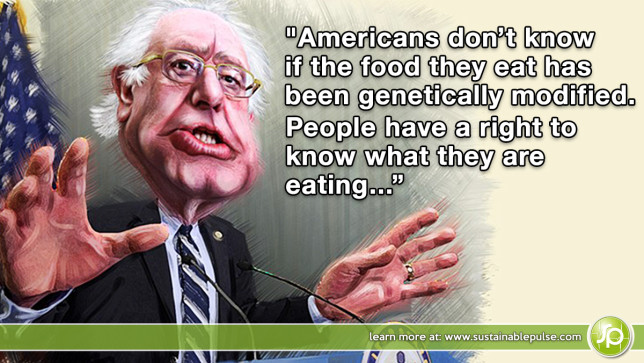Loopholes proposed by the Trump administration could exempt over 10,000 – or one out of six – genetically modified foods from a new GMO disclosure law, according to an EWG analysis.
The draft rule may exempt foods produced with GMOs if the food products contain highly refined GMO sugars and oils.
There is a high rate of adoption for many GMO crops like corn, soybeans, canola and sugar beets, meaning that ingredients derived from these crops have a high likelihood of being GMO. Based on an analysis of ingredient-level information for more than 105,000 food products in our Food Scores database, EWG estimated that roughly 67,111 food products contain at least one of these ingredients, which are likely produced with genetic engineering.
Out of that total, as many as 58,377 food products – or 87 percent – contain a highly refined sugar or oil that is likely produced with genetic engineering, like beet sugar or canola oil. And 10,889 – or one in six – possible GMO food products only contain a highly refined sugar or oil that is likely produced with genetic engineering and would therefore be exempt from the disclosure requirement.
But another loophole in the Trump administration’s proposal would exempt products from the disclosure requirement when the GMO ingredients make up less than 5 percent of the product by weight.If the product contains another GMO ingredient, it would still be subject to the new GMO disclosure requirement, which was created by Congress in 2016.
Among the other possible GMO ingredients EWG identified that are not highly refined sugars and oils, are dozens of ingredients used as thickening agents, colorants, flavorings, emulsifiers and binders that are derived from highly adopted GMO crops like corn and soybeans.
And many of these ingredients often appear in low levels at the bottom of ingredient lists, meaning that in combination, the GMO ingredients in thousands of foods could fall below a 5 percent exemption.
While EWG was unable to precisely calculate how both loopholes might work in combination, the likely effect would be even more products exempt from the disclosure requirement.
When Congress enacted the new GMO disclosure law in 2016, Congress intended that many more products would be subject to the national mandatory GMO disclosure law than were subject to Vermont’s GMO disclosure law. The 2016 law preempted all state GMO labeling laws.
In addition to these loopholes, the draft rule also proposes confusing new terminology and symbols for on-package GMO disclosures. The proposed rule sets up few limits for companies that choose to make digital disclosures, and it doesn’t provide practical solutions for consumers who need to scan a digital disclosure but don’t own smartphones or for those who have lousy cell service.
If companies choose to make an on-package GMO disclosure, the draft rule would require companies to use the words “bioengineered” or “bioengineered food ingredient,” instead of the widely known phrases “genetically modified” or “genetically engineered.” In addition, the proposal has few rules for companies that disclose GMOs through QR codes, adding to the risk that smartphones won’t read the digital codes consistently.
A recent study by Deloitte found that nearly one in four Americans don’t own a smartphone, but the new rule does not provide comparable options for poor or elderly Americans, such as making scanners available in grocery store aisles. Compounding the fact that many Americans still don’t have smartphones is problem of bad cell service that more than 20 million people face.
To learn more about the proposed rule click here. The Department of Agriculture will accept comments on the draft rule until July 3.
Read article – sustainablepulse.com

